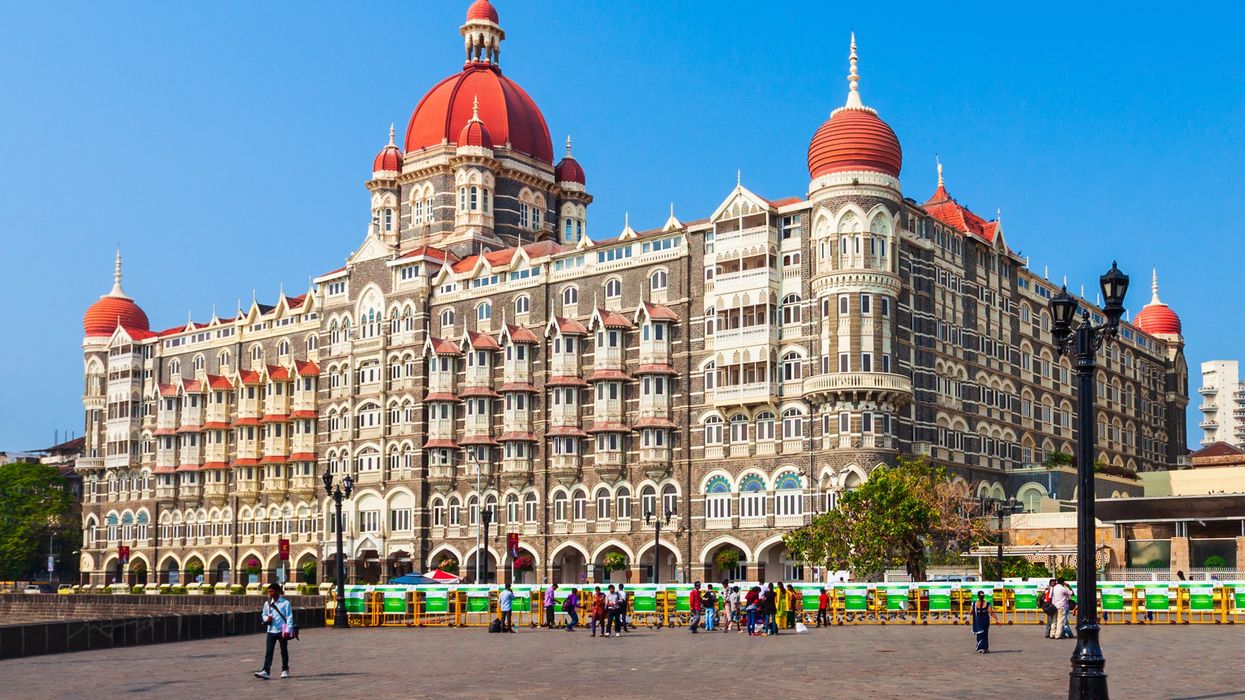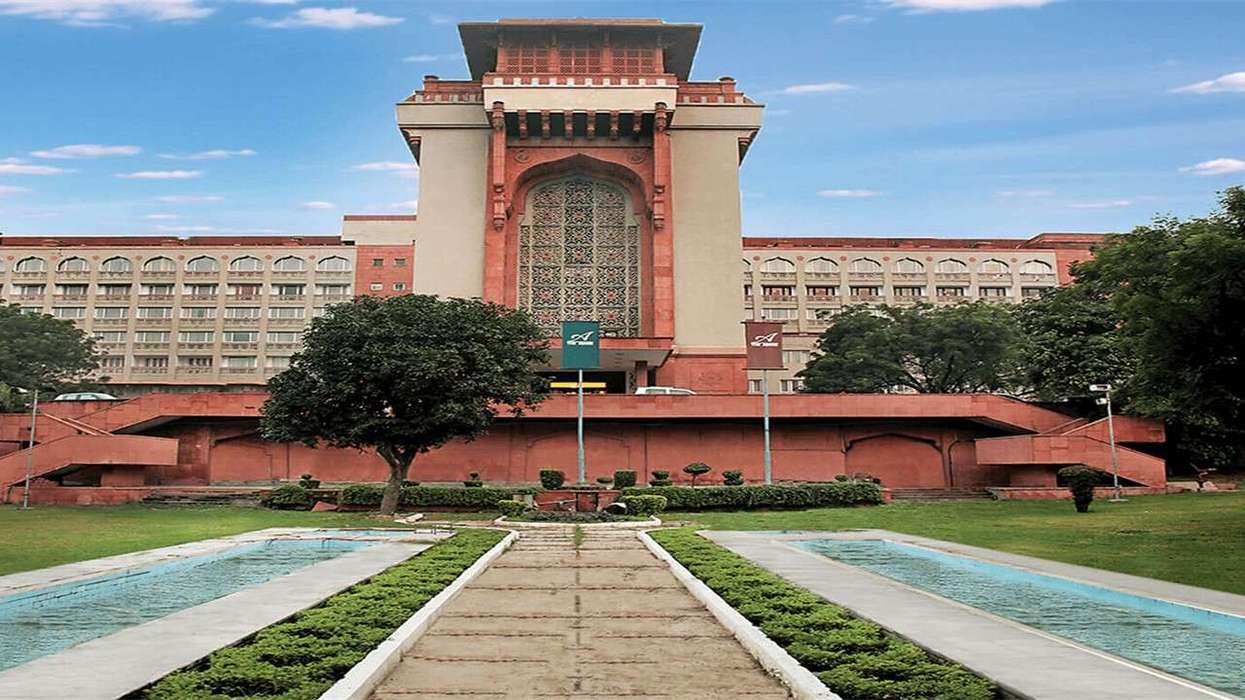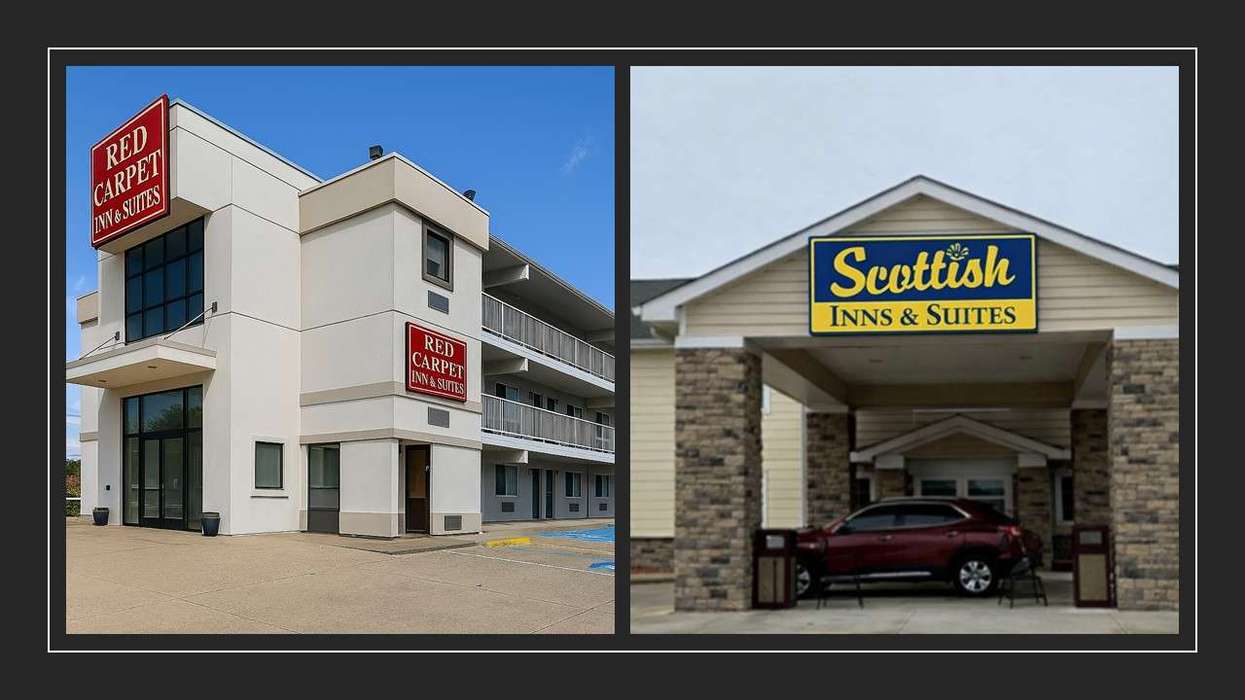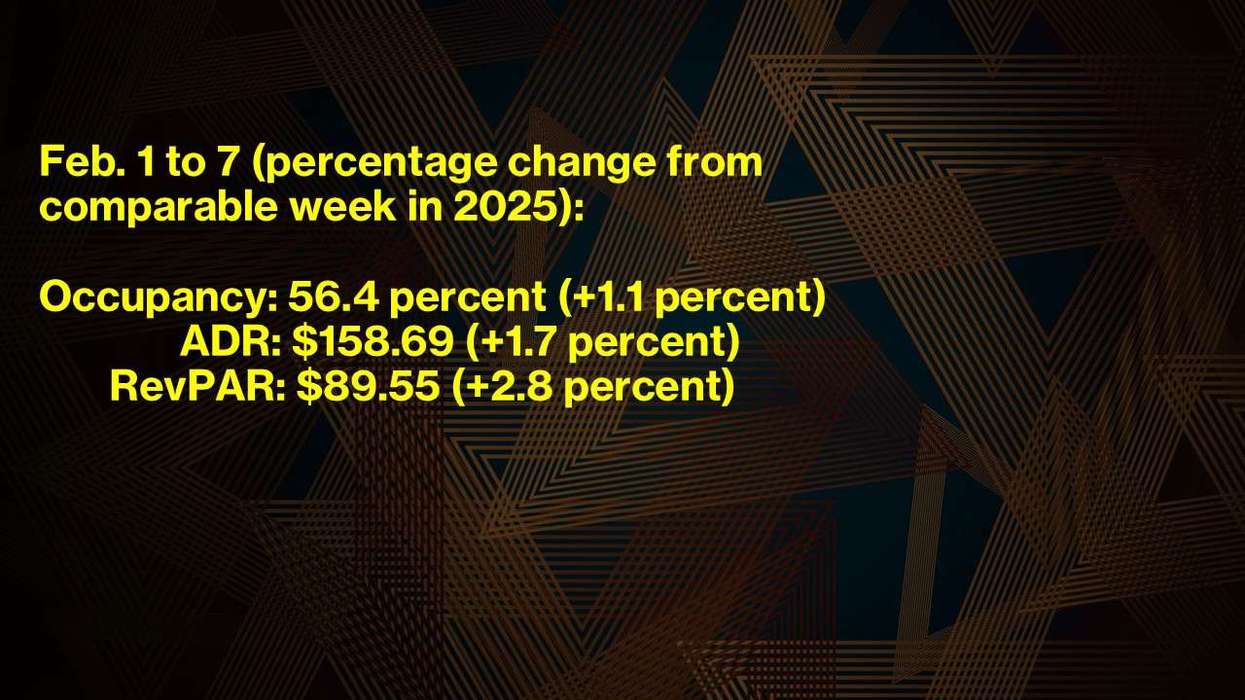Summary:
- Taj Hotels ranks as India’s strongest brand for the fourth year, according to Brand Finance.
- Brand value rose 22 percent to $664 million, with a Brand Strength Index of 92.2 and an AAA+ rating.
- Growth is driven by an asset-light domestic strategy, wider segment presence and global expansion.
INDIAN HOTELS COMPANY-owned Taj Hotels has been named India’s strongest brand across sectors for the fourth year in a row, according to Brand Finance. Taj operates more than 130 hotels in 14 countries, including palaces, city hotels, safari lodges, resorts and serviced residences.
Brand Finance’s ‘India 100 2025’ report found that Taj’s brand value rose 22 percent to $664 million, with a Brand Strength Index score of 92.2/100 and an AAA+ rating.
"This recognition reaffirms the deep trust and emotional connect Taj shares with its stakeholders, including our guests, partners and its dedicated team delivering the quintessential Tajness,” said Puneet Chhatwal, IHCL’s Managing Director and CEO. “Guided by its purpose of pioneering responsible change, creating value and shaping the future, Taj remains committed to unlocking India’s tourism potential and showcasing Indian hospitality to the world."
Brand Finance’s market research shows strong familiarity and preference, with most respondents in its home market naming Taj as their preferred hotel brand. The brand’s growth is driven by a domestic asset-light strategy, broader presence across hospitality segments and international expansion, with new properties launched or in development in Saudi Arabia, London and the Maldives.
Ajimon Francis, Brand Finance’s managing director, said Taj’s recognition as India’s strongest brand across sectors reflects the strength of its legacy, its connection with consumers and its consistent focus on quality.
“Its focused, asset-light and segmented expansion strategy, coupled with strong brand equity, continues to accelerate brand value creation,” he said. “Taj remains a strong example of how heritage and innovation together can create lasting brand strength — a true flag bearer of Indian pride.”
IHCL, founded by Tata Group founder Jamsetji Tata, opened its first hotel, the Taj Mahal Palace in Bombay, in 1903. It currently operates 388 hotels, including 139 under development, across more than 150 locations worldwide. IHCL is India’s largest hospitality company by market capitalization and is listed on the BSE and NSE.
Meanwhile, Taj’s parent, Tata Group, saw its brand value rise 10 percent to $31.6 billion, becoming the first Indian brand to cross the $30 billion mark and maintaining its position as India’s most valuable brand, Brand Finance said.
IHCL’s U.S. business has reportedly recovered, driven by steady demand at The Pierre in New York and Campton Place in San Francisco.






